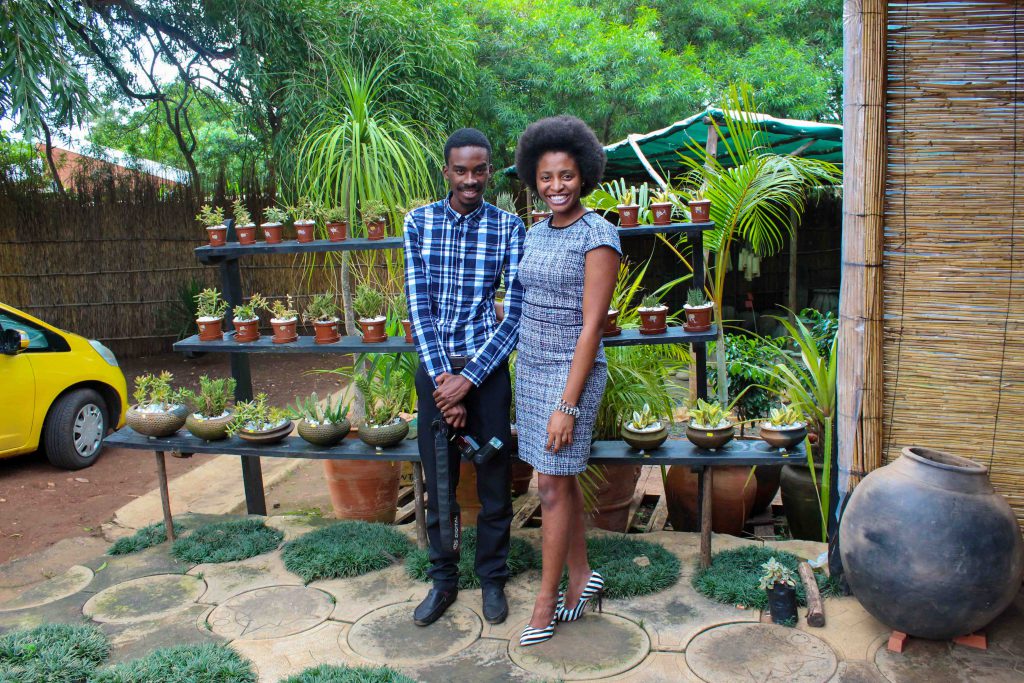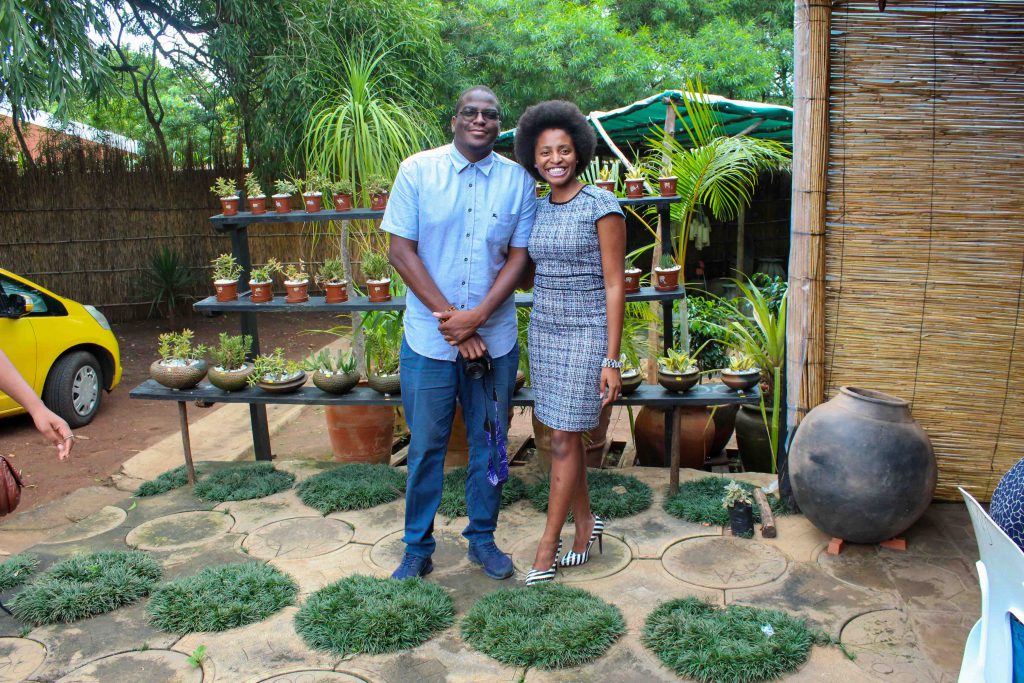

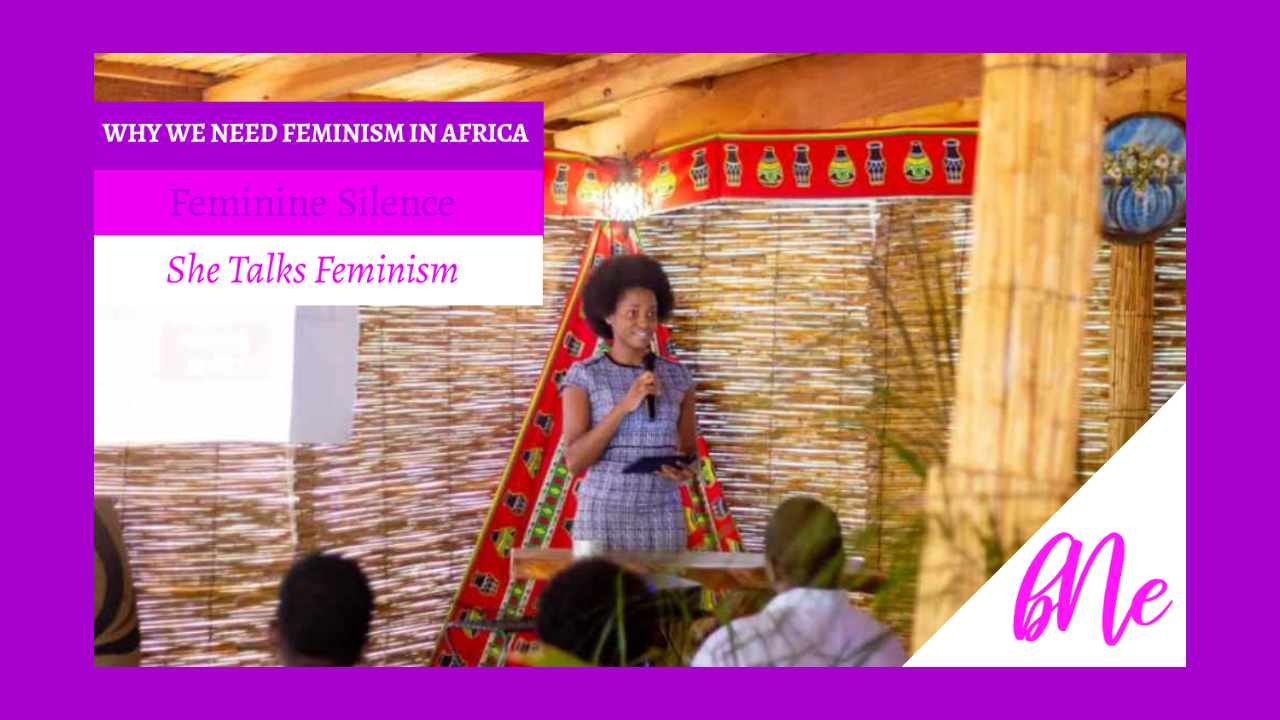
I was invited to be one of the speakers at the #SHEtalks event hosted in Lilongwe, Malawi by the “Every Girl in School Alliance” (Egisa) Organisation. I did not struggle thinking of a topic to write on as I am already working on a book to do with Feminism.
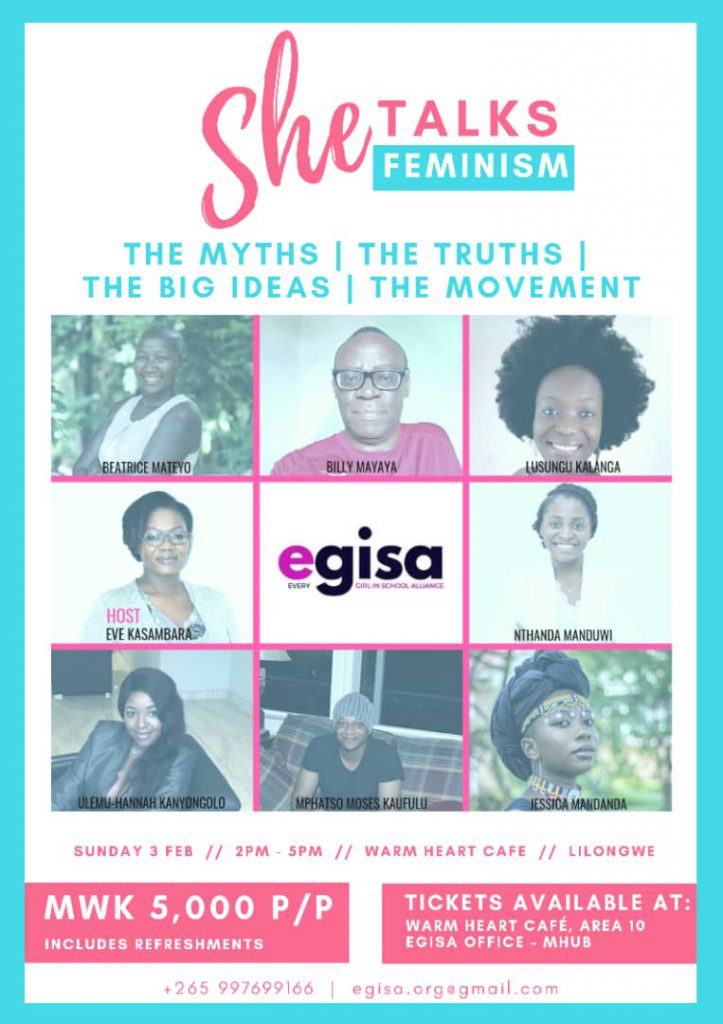
So I chose a topic that I felt relevant, now more than anything – and that is why we need Feminism in Africa/Malawi.
I guess we can start from the top. If you are new to my blog, my name is Nthanda Lizzie Manduwi; and I am a writer. I usually share the speeches I deliver at events here, and you were not going to be starved of this one.
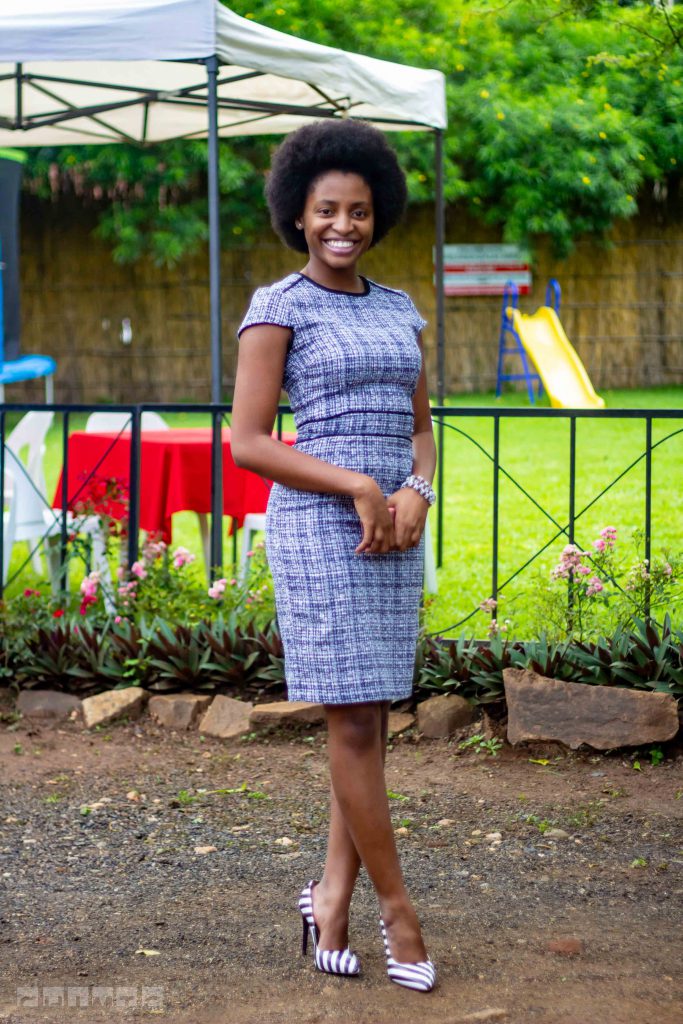
I do a lot more things than write, but above any of my qualifications – I found my purpose in writing, storytelling. I tell stories from personal experience. I like to live large, live on the edge, and write about it.
My first big public talk was about feminism, being “A Graceful Woman” as I recall. That was in 2015, at a Peace Corps event, I haven’t done a talk about feminism since then.
I also rejoined Twitter last month after a 4 year sabbatical. I got a thousand followers today and Twitter asked me to celebrate! It’s been fun so far, having healthy debates and talking about things that matter. Most amusing to me has been realising that most of the people I knew 4 years ago on Twitter are the same now, and happen to hold the same views. 4 years later, and they still do not understand the basic definition of the word “Feminist”.
Yesterday, a friend of mine Tweeted at me and asked me if one can be a Homosexual or a Feminist and still be a Christian. I found that to be a loaded question, but I responded to say that Christianity, much like Feminism has a definition.
Christian: – I believe in and have accepted Jesus Christ as my personal Lord and Savior.
That leaves us with Feminism.
Feminist: A person (Either male or female) that believes that women should have equal social, economic and political rights to men.
Christian: – I believe in and have accepted Jesus Christ as my personal Lord and Savior.
That leaves us with Feminism.
Feminist: A person (Either male or female) that believes that women should have equal social, economic and political rights to men.
I personally do not believe in forcing beliefs and social ideologies on anyone. If you choose to not subscribe to something, that is entirely alright. What I have a problem with is people that feel the need
to justify why they are not something. “I am not a Christian because…”, “I am not a feminist because…”
Here’s what, it is okay to not be something. And it is okay to not justify it either, unprovoked. The moment you start trying to justify a stand when nobody has asked me makes me feel that you are insecure about where you stand especially if it against some view.
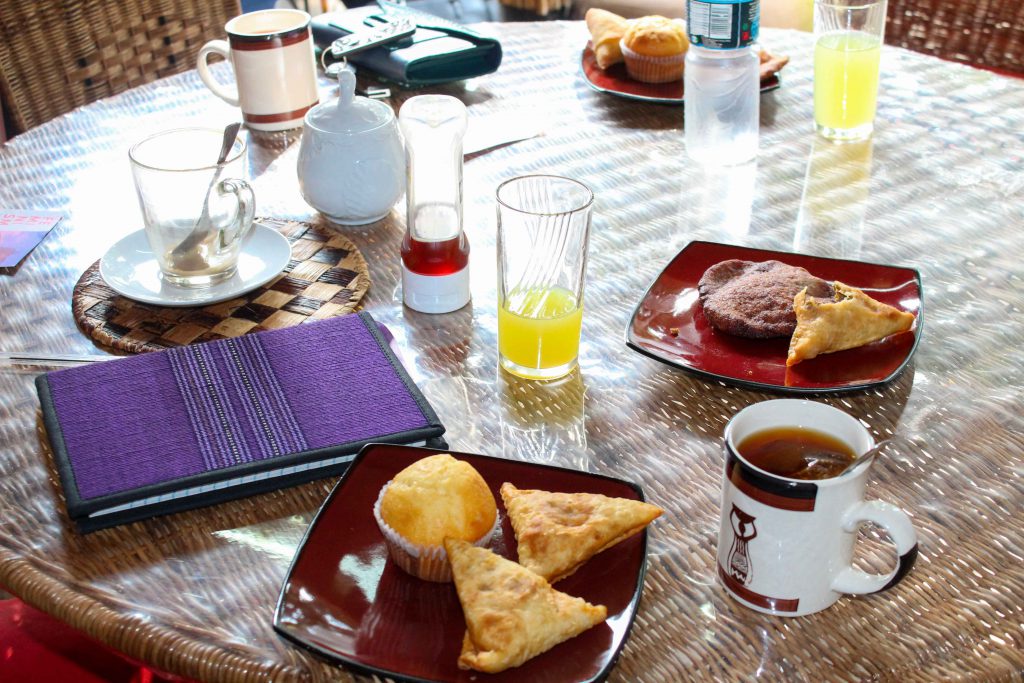
I am writing my second and third books simultaneously. I published my first book , “By the End of Your Teens” last year, and launched it on the 14th of September, 2018 at the German Ambassador’s Residence in Lilongwe, Malawi. It’s a book about everything I wish when I was a teenager – that has my personal life experience, laced with plenty theories of psychology I wish I had learnt before I turned 20. It has 70,000 words, 300 pages and 20 chapters, and it has gotten some great reviews so far and we’ve sold about 300 books both locally and internationally.
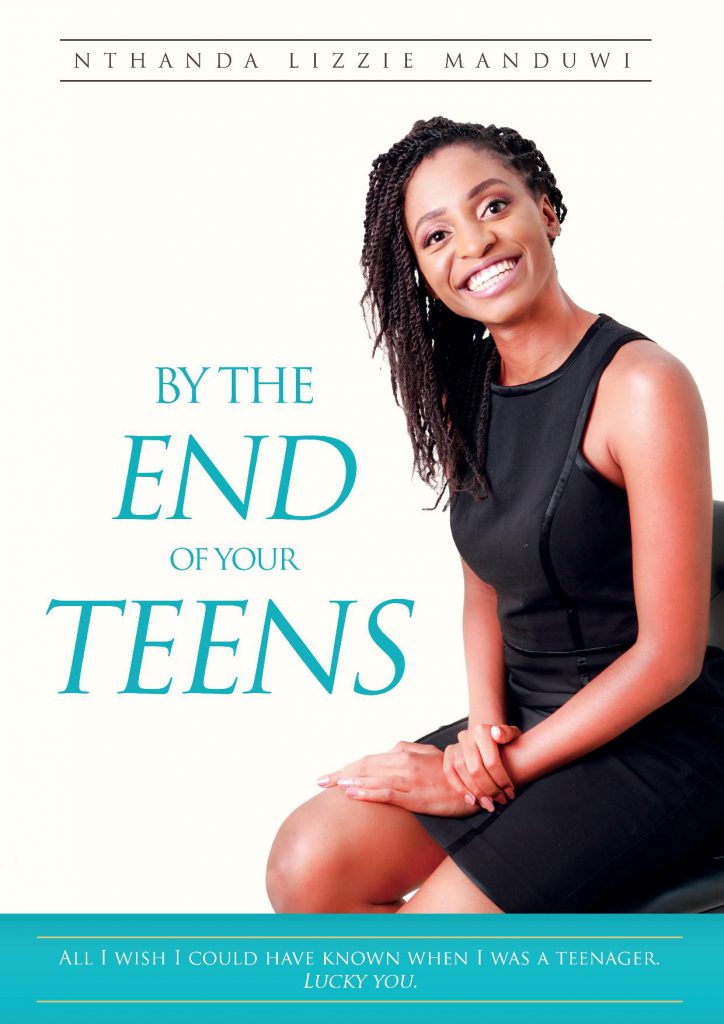
My second book is titled “Feminine Silence”. It’s the name of my first blog that I developed in 2015 when I was trying to regain my voice. Back then, there was so much talk about being “Wife Material” and I deeply felt that I was that, wife material. I could cook, clean, love somebody. I was a good woman, and I really believed that any man would be lucky to have me. You can imagine my disappointment when my first relationship did not work out. I had done everything in my power to make this man happy, and I still was not enough. I was not amused. I was bitter in fact. So I stumbled upon some bitter Twitter feminists and was totally with the “men are trash” wave without even understanding what it meant.
So I have seen many descriptions of feminists online – Bitter, sexless, heartbroken, unnecessarily loud and rowdy. You name it. I am one of those people that does not try to argue against or negate these descriptions. I may be ugly, I may be bitter, I may be sexless or any other vile description that you choose to give me – but it does not change the fact that I believe I, as a woman should have equal opportunities to men. So instead of saying I am not a feminist, I can say I know bitter feminists exist. I have been one before, so I understand why one could be. I am however, no longer that. I can be a sexless feminist. I can be by the worldly definition “an ugly” feminist. I can be any description of a feminist you want to label as, but I am still a feminist for the mere reason that I believe men and women should have equal social, economic and political rights.
I am also not going to stand here and tell you that I am not a feminist because bitter feminists exist. It would be the same as me coming here to say I am no longer Christian because of the actions of judgemental Christians. If I see a flaw in the system, then it is my duty to show people that there are variations to being feminist, or being Christian.
Most feminist do come off as bitter women especially in the very early stages. Feminism almost comes across as an anti-marriage agenda because a young girl usually has a problem with patriarchy when she realises that the system she has been taught her entire life was not built in her favour.
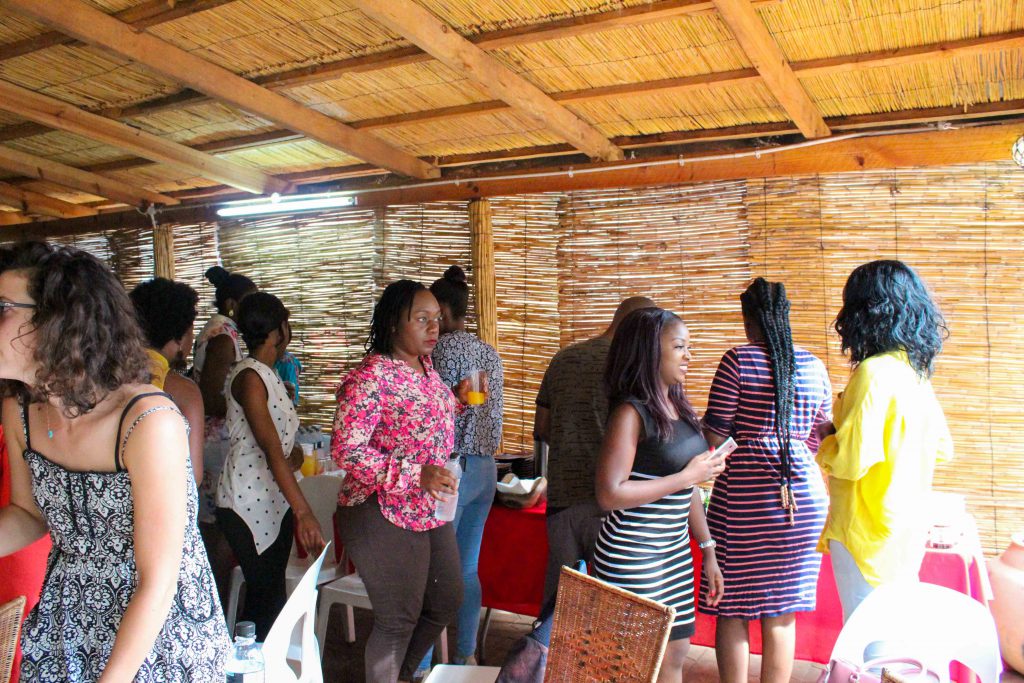
Most girls learn this, sadly, at heartbreak. It is at heartbreak that she realizes that marriage is not the goal of her life. It is at heartbreak that she realizes that being the best woman as she was taught how will not make a man treat her right. Feminism begins there for most girl. So they start learning – that there is more to life than being a mother and a wife. That they can be anything. That they don’t have to be quiet, or calm because they have now taken off the mask of being wife-material. They are now free to discover what opportunities the world holds for them. And there, begins true feminism.
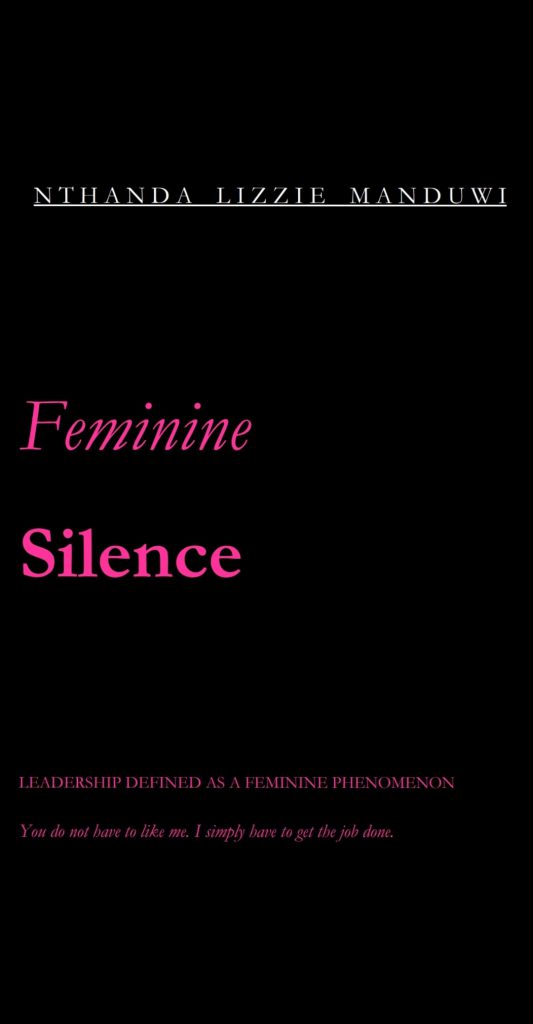
The tagline for “Feminine Silence” is – “You do not have to like me. I simply have to get the job done”. That is something that most girls struggle with – likeability. Patriarchy teaches that they have to be liked. I am not even sure why, but girls really spend a good chunk of their lives trying to be liked. It was with feminism that I started to question why that is so, and I said – I know how to do the job. Men do not need to be liked to be respected, therefore you will respect me for the mere fact that I can deliver.
Now one of the major questions I get asked, writing a book about feminism, especially in Africa, is why we need feminism in Malawi, or Africa at large. Most people argue that feminism is a white people concept – that feminism is breaking the family structure.
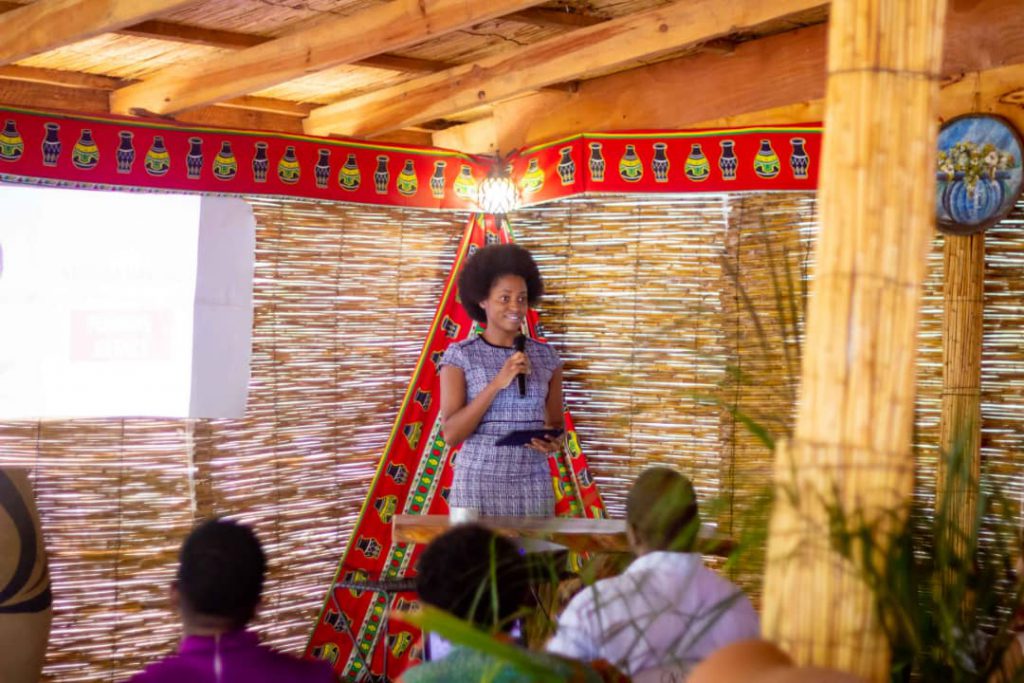
I grew up in Mangochi District. My parents are marine. My mother is a Marine Captain, and my father is a Marine Engineer. I have experienced what it means to be a Mangochi girl very closely. Most girls in Mangochi do not go to school. Most parents, especially 10 years or so ago never saw the need. You, as a Mangochi girl, are going to be a wife. Little girls are prepped for marriage and motherhood from an age as young as 7. So they go through Chinamwali, and in no time start engaging in sexual activities.
They usually get pregnant at ages below 15, and the guy (who is usually also quite young) has to marry them. They get married, and because of financially pressures – the guy resorts to going “ku Joni”; South Africa, to find a job and make ends meet. Usually, the guy remarries there. He sends petty cash to the wife back home, but his life is now in South Africa. He visits sometimes, and gets her pregnant every now and then till she has a few children.
The girl spends her life waiting for her man to return someday. In no time, she is almost 30, and her daughter is now of age. She repeats the cycle. Her daughter becomes a mother and gets married too. If we are to go with the upper-average age for a Mangochi girl to get pregnant, by the age of 60, a Mangochi Woman has seen 4 generations. She is a great-great grandmother. She has spent her life raising children that are not her own.
Look at me, I am 23 now. My daughter could have 10 now. I would not be standing here in front you, and talking to you. My mother was an empowered woman – The first Female Marine Captain in Malawi. My father believed we, his two daughters, were meant for greatness. I did not grow up at the mercy of Patriarchy. I count myself lucky. How many can?
Besides being a writer, I graduated with a double-major in Economics and Demography. I did both my dissertation studies on the Socio-Economic impacts of Women’s Empowerment. More of the details will be shared in the book – but today I just wanted to conclude this talk with two of my findings.
My Demography dissertation was to analyse the impact of Women’s Empowerment on the Unmet Need for Family Planning. Unmet Need for Family Planning, is basically the difference between the demand for contraception – and the amount of contraceptives being used. As of 2010, 78% of women wanted to use family planning methods in Malawi. However, only 52% were using contraceptive methods. I wanted to see if the empowerment of women had some impacts on this gap. I defined “Women’s Empowerment” as the number of decisions that a woman partakes in, in her home. This ranged from 0-5; 0 being the least empowered and 5 being the most empowered. I found that:
And this conclusively showed that most of the women did want to use contraceptives. However, their husbands were making those decisions for them.
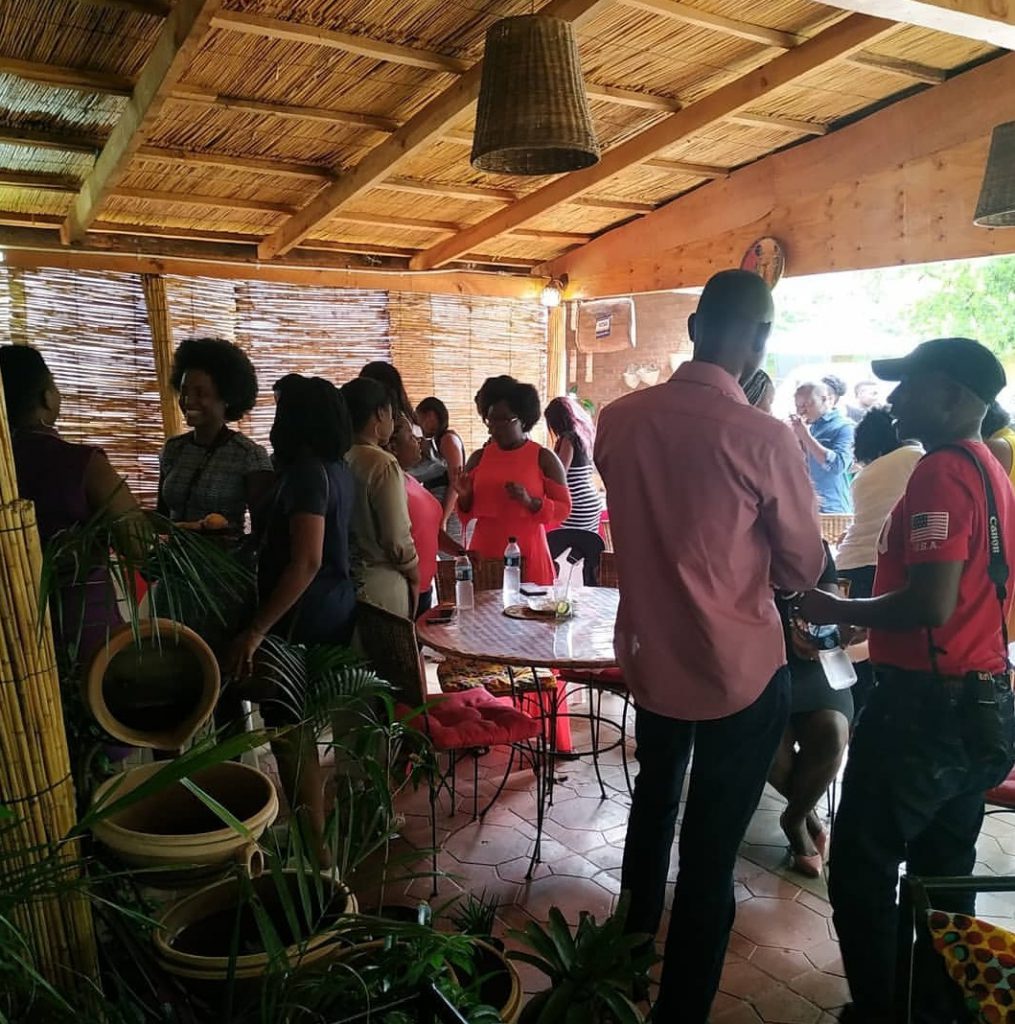
My Economics Dissertation was to assess the impact of Women’s Empowerment on the Occupational Gender Wage Gaps in Malawi, an attempt to explain the unexplained wage gap in Malawi. The data separated the field of employment/occupation into 8 – ranging from managerial to secretarial, including farming and all else.
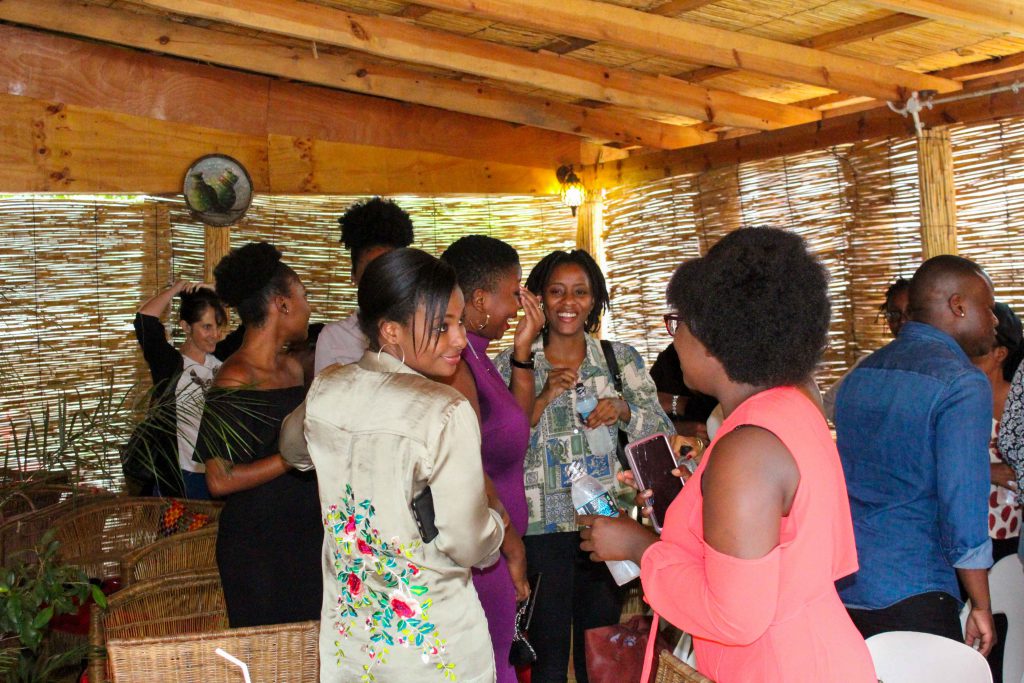
The findings showed that, there is in fact an overall wage-gap between men and women in Malawi. Now usually, in the rest of the world, a wage gap usually means that for a dollar that a man is paid, a woman is paid significantly less. This was not true for Malawi. For a dollar that a man makes in Malawi, a woman makes a dollar. Results went further to show that in managerial roles, women are actually paid more than men. So why then do we have a national wage gap?
The types of occupations pay varying amounts, ranging from high to low, and studies showed that women are highly concentrated in all the low paying jobs. This is not because of choice, but because of what they world has showed that they can do.
It is with my mother’s and father’s empowerment that I was able to aspire to more, do careers than in my country would have previously been defined as a men’s career path. It was feminism that subconsciously gave me the opportunity to be here today. I needed feminism to be me today.
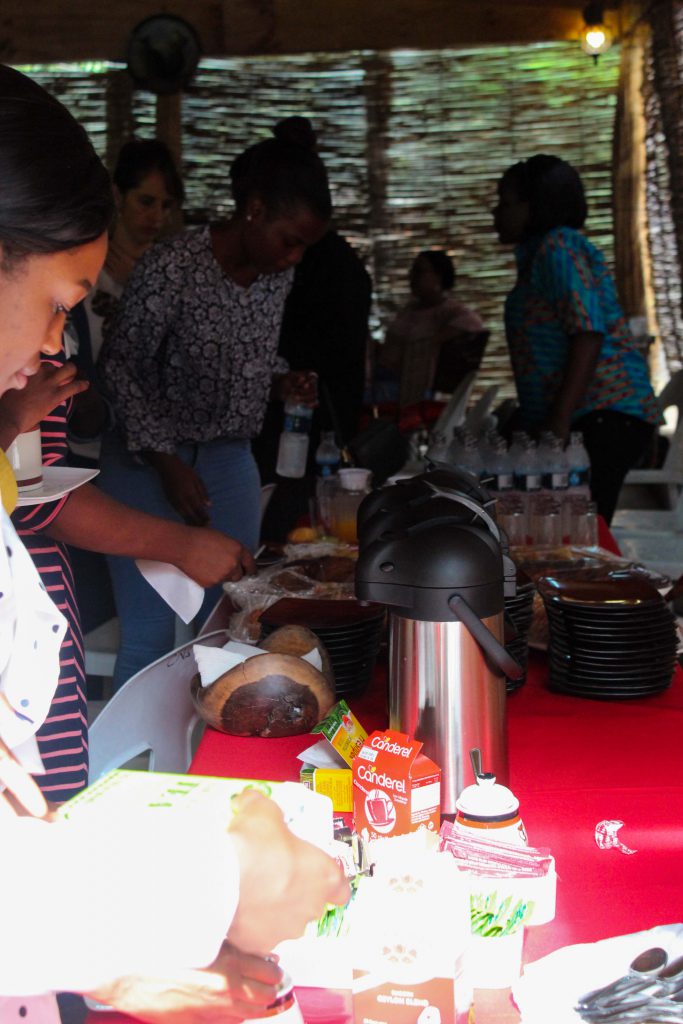
Some little girl in Mangochi still needs feminism today. Billions of girls in Africa need feminism today. And I hope even when we might not need it, we will fight for those that are less fortunate than we have been.
All my love,
Ntha.
Photo Credits:
These guys and I!
